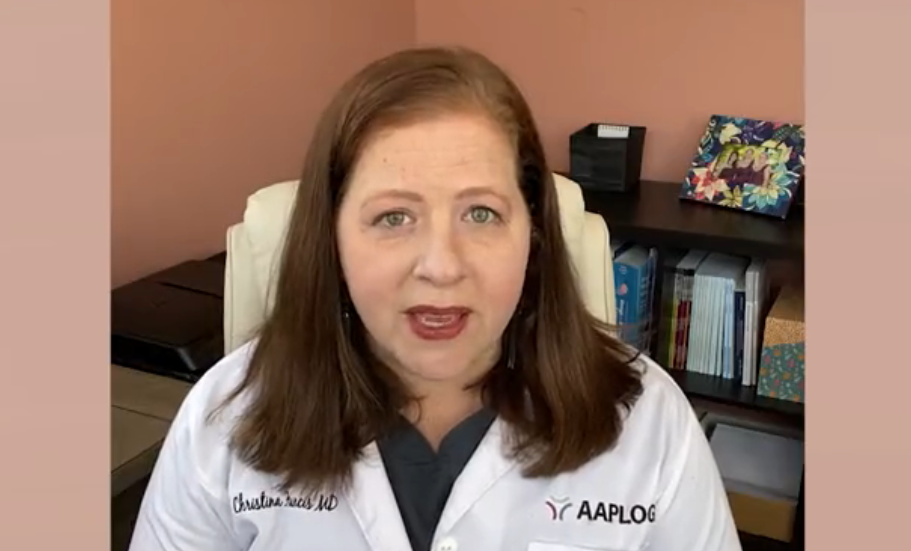‘I’m very sorry, but you have an ectopic pregnancy.” As an OB/GYN hospitalist I find myself delivering these painful words to patients increasingly often. An ectopic pregnancy—when an embryo implants outside the uterus—is fatal for the baby and can threaten the mother’s life if it isn’t swiftly treated. It is the leading cause of maternal death in the first trimester.
Rising ectopic pregnancy rates are more dangerous in light of the widespread use of the abortion drugs mifepristone and misoprostol, whose side effects include pelvic pain and bleeding—also the symptoms of an ectopic pregnancy. In Food and Drug Administration v. Alliance for Hippocratic Medicine, the Supreme Court on Tuesday will consider the FDA’s decision to relax safety protocols for administering those drugs. The changes increase the likelihood that a woman will mistake a life-threatening ectopic pregnancy for normal abortion-drug side effects.
OB/GYNs have noted a dramatic rise in the number of women seeking emergency care for ectopic pregnancies. Kaiser Permanente documented it in a study of nearly a million pregnancies over a decade. It found a “significant increase” in ectopic pregnancies, “largely driven by increasing incidence in younger women.” Last month alone I treated six women with ectopic pregnancies; even a few years ago I didn’t treat that many in a year. The stark increase prompted me to ask the hospital where I’ve worked for the past 10 years if it had tracked this in its internal data. The recorded number of patients with ectopic pregnancies has doubled in the past eight years.
Several factors likely contribute to the spike. Patients with a history of pelvic inflammatory disease, a condition whose primary causes are gonorrhea and chlamydia, have a threefold increase in the risk of ectopic pregnancy. Patients with intrauterine devices, while unlikely to conceive, are 600% more likely to have an ectopic pregnancy if they do. Advanced maternal age also increases the likelihood a woman will have an ectopic pregnancy. Gonorrhea and chlamydia rates have been rising, IUDs are increasingly the birth-control method of choice, and women are having babies later in life. It’s unsurprising that ectopic pregnancies are increasing.
Click here to sign up for pro-life news alerts from LifeNews.com
Meanwhile the FDA, whose principal purview is safety, discounted the need to check for ectopic pregnancies when it revised its protocols for dispensing mifepristone, the primary drug used in a chemical abortion. Why should this matter? Because when a woman has an ectopic pregnancy but mistakes its symptoms for normal drug side effects, she will spend precious minutes or hours at home, which could be the difference between life and death.
In 2016 the FDA allowed nonphysicians to prescribe mifepristone and removed the requirement that the prescriber see patients for follow-up visits to evaluate them for potential complications, making it far less likely that an ectopic pregnancy would be diagnosed before it became life-threatening. In 2021 the agency eliminated the requirement that women be evaluated in person by any medical professional.
Yet the FDA’s label for mifepristone carries the warning: “Ectopic pregnancy: Exclude before treatment.” It also notes that “some of the expected symptoms experienced with a medical abortion (abdominal pain, uterine bleeding) may be similar to those of a ruptured ectopic pregnancy.”
A woman today can acquire mifepristone with no screening for an ectopic pregnancy, and she may not even realize she has one until it is a full-blown medical emergency. During oral arguments before the Fifth Circuit Court of Appeals, the lawyer representing the FDA was asked how ectopic pregnancy could be ruled out without any kind of medical examination. She replied that you can ask questions like, “Are you experiencing shoulder pain?” If a woman with an ectopic pregnancy is experiencing shoulder pain, she belongs on an operating table and may be within an hour from death.
Given that the FDA warns of this risk in the drug label, its changes in protocol were arbitrary and capricious—the legal standard the Fifth Circuit applied in ruling against the agency. The justices should uphold that decision.
LifeNews Note: Dr. Christina Francis is CEO of the American Association of Pro-Life Obstetricians and Gynecologists.








